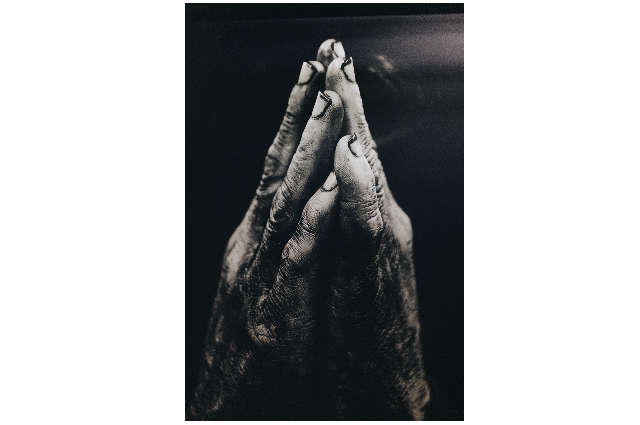
It is often claimed that religion for many people, can be a powering practice and a calming experience. Time and again it is reiterated that religious teachings focus on how citizens of a country can live amongst one another with harmony and unity. Nevertheless, there are various religions and opposing perspectives, and this can oftentimes direct conflicts. Much evidence supports ideas which state that 'religious beliefs and ritual forms' can unhinge cultural solidarity and persuade interpersonal group interactions which facilitate or much-like leads a wide range of collective actions to aggressive tendencies and majoritarianism.
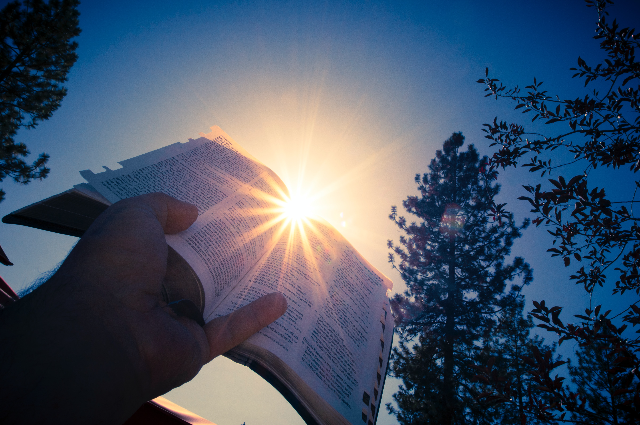
Some argue that the violent images reflected in the name of religion are greatly misunderstood. I agree with the reasoning, in part, that almost all religious practices inculcate, preach or spread the teachings of living civilly. But the volume for such claims fails to overweigh the violence and turbulence caused by the events of deep-rooted communal violence. No matter the number of arguments that slander such truths, masking the heinous acts associated with religiosity, the facts prevails that these are extensively saturated with the figures and writings of violence. Yet that would only ever drive to an occasional anomaly rather than whatever has been dictated.
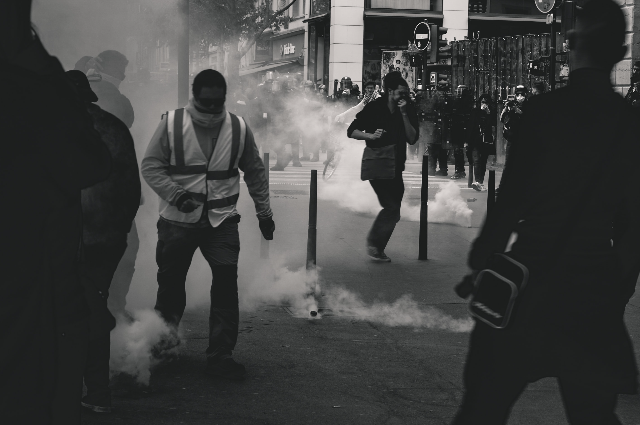
Just what precisely is the tie linking religiosity and violence? Is there anything exceptional about religion other than creating social groups and associations? This brings us to the hypotheses that religions may have over time culturally evolved to especially exploit the psychological and socially oppressed to propagate themselves more furthermore. The experience of violent conflict potentially increases people’s engagement with religious groups and rituals, as it contributes to the development of religion, and at the same time, helps it facilitate violence as well as provide responses to contain and prevent it. This becomes most apparent where religion is absolutist, divisive, and irrational.
The resources which establish connections between religion and violence can be traced back to the subtexts mentioned and recorded in the ancient history of traditions, folklore, customs, and rites. Religion ensued wars have gone arm in arm as long as one can recollect. There are pious texts that fairly characterize violence whether done by a god or by classic individuals who inflict war and whose fortunes the god 'confirms'. As seen in tribal culture, where the community that faced defeat in the war was made to worship the winner community's Gods.
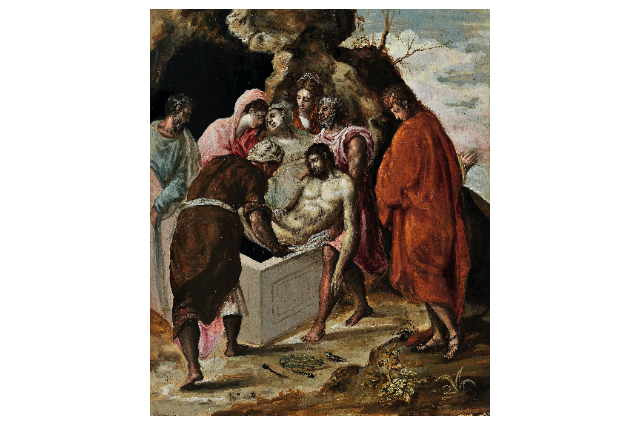
Customs and routines were planned to secure the help of the god in war and the blood offerings in ceremonies indicate the martyrdoms of the ones striving for a 'holy purpose'. People were blinded or influenced by the prospect of sacrificing life in war for a "holy cause", which would later be compensated for, by the assurance of redemption and a trip to heaven in the afterlife. In simpler terms, martyrdom became the most distinguished record of religious commitment.
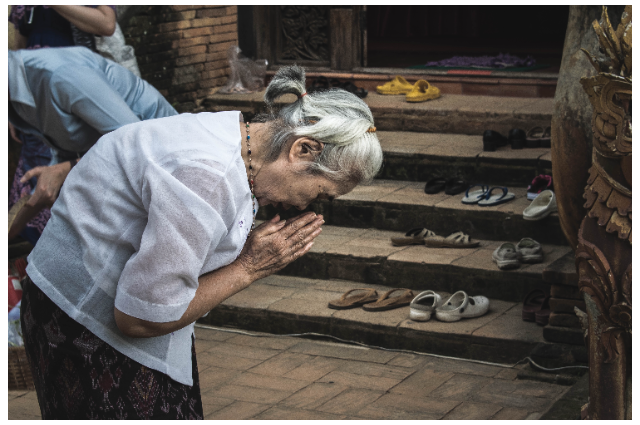
Oftentimes armies belonging to leaders, communities, or kingdoms battled thinking that the almighty stands beside them. Referencing the first religious war which took place in October 312 CE when the emperor of Rome, Constantine saw a vision of 'the cross' in the sky stating the legend "in hoc signo vinces" (in this sign you will win). Constantine believed the idea and had that cross engraved on the army men's armors. His troops were outnumbered, yet he conferred victory in the field against the soldiers who were using special mantras. The aforementioned paved the way to bestow the concept of religious violence.

Issues that illustrate violence and religion in the modern world have made constructed ties to bring light to episodes such as the September 11 terrorist attacks; continuing struggles between Jews and Palestinians; the Troubles in Northern Ireland; the nationalist conflicts in the Balkans; ethnic wars in Africa; the simmering conflict between Pakistan and India; terrorist actions by extreme-right Christian fundamentalists in the U.S.; the subway poison gas attack by the Aum Shinrikyô sect in Tokyo; the deaths of hundreds in a burning church of the Movement for the Restoration of the Ten Commandments of God in Uganda; the persecution of Falun Gong in China -- this is but a cursory list of some of the most dramatic events involving religion at the turn from the modern era’s second to its third millennium. (Hall 2)
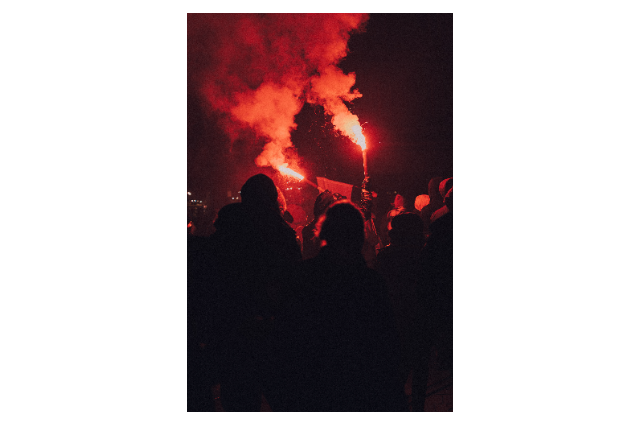
Citing examples from all over the world gives us a deeper understanding of how this subject has become an extremely multifaceted phenomenon. Especially for certain communities which use specific notions such as nationalism, patriotism, and secularism to raise violence. These groups act as mobs and popularize support for themselves by indulging in acts of lynching or chaotic protesting etc. These groups may even go as far as to defend their actions and obliterate any scope for a pragmatic approach to the situation. Violent acts committed in the pretense of any religion or faith should be condemned and rendered unjustifiable.
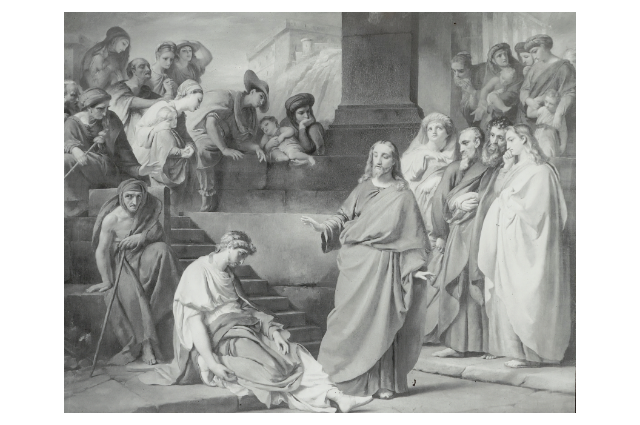
In recent years, religion has driven or instigated many anarchic rather violent operations or movements. Be it in the form of protests or processions. Ranging from: Conflicts in Myanmar which examine the incidents of Islamophobia in the majority Buddhist nation or the destruction of the Ayodhya Mosque in which the Indian Hindus became the perpetrators of extreme violence against minority groups, particularly Muslims, or be it the Jews, especially in Israel, who have religiously justified the use of Nuclear weapons. (Harvard) Other than this, many political operations either involving upper class political or spiritual leaders share common interests and perceive the religious teachings and institutions as a method of winning and maintaining power or democratic governments exercise decisions that lead to increasing cases of religious violence. One of the most prominent examples would be the protests the substantiation of CAA, NRC in India.
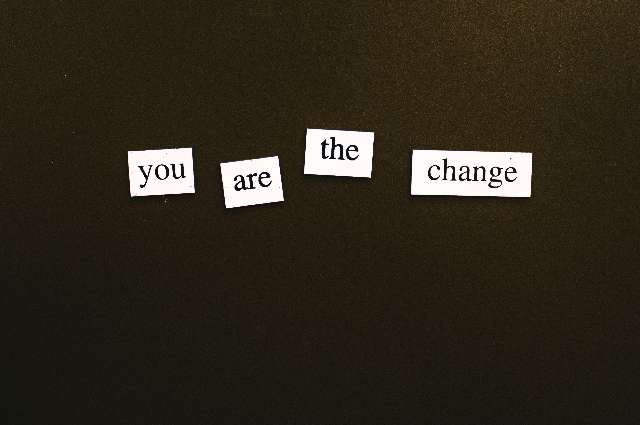
Summing up, when we consider the role of war in documents, the predominance of just war theories, the value of religion to government, and the constitutional constraints on religious establishments, it is quite easily observed that religion shapes and influences society's views on violence which leads to conflicts and wars.
